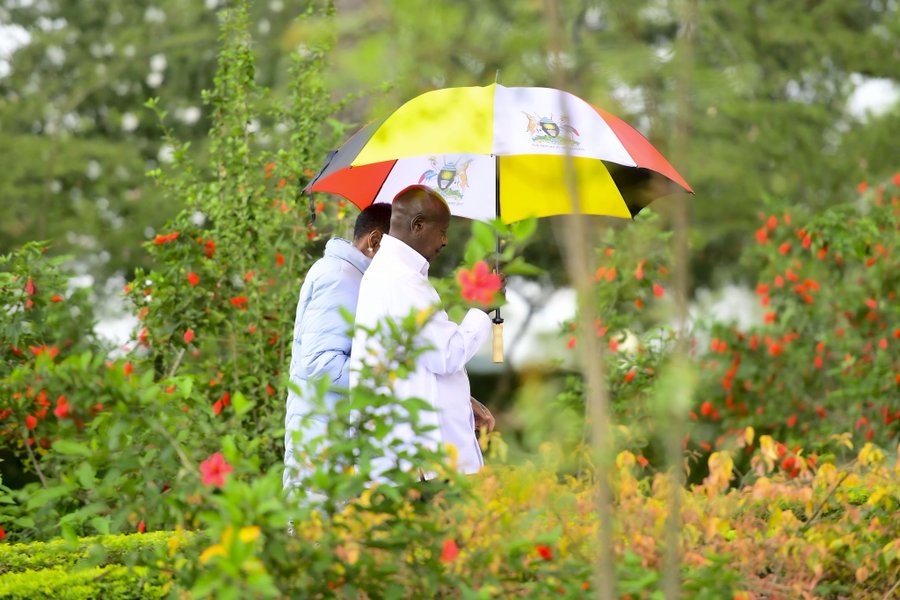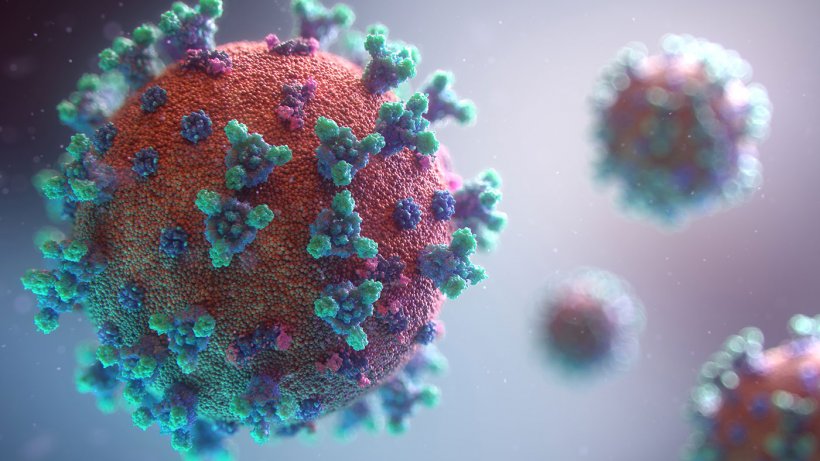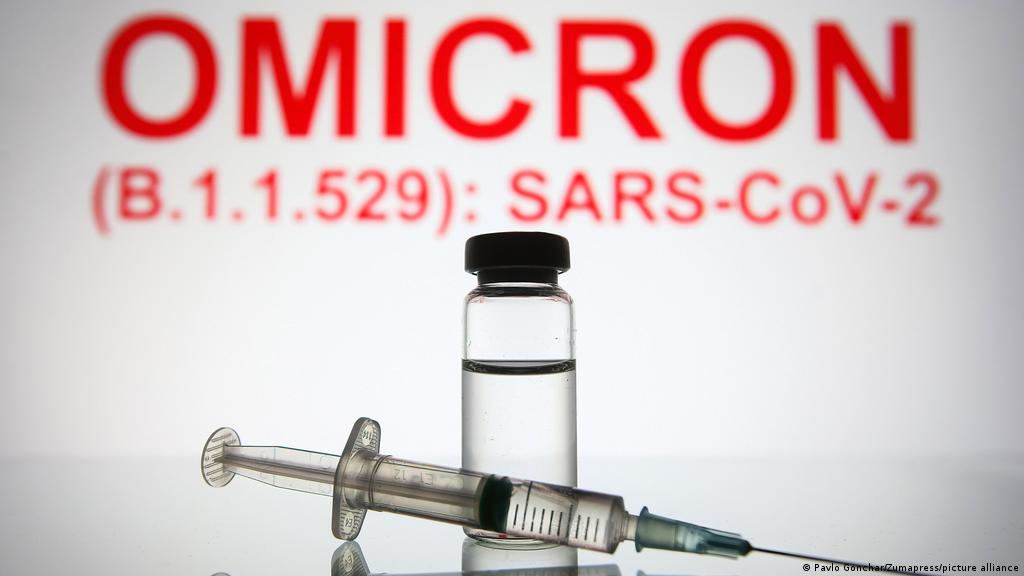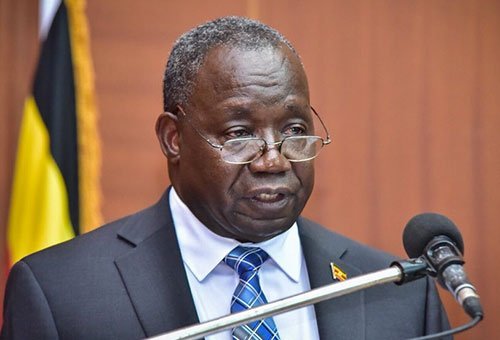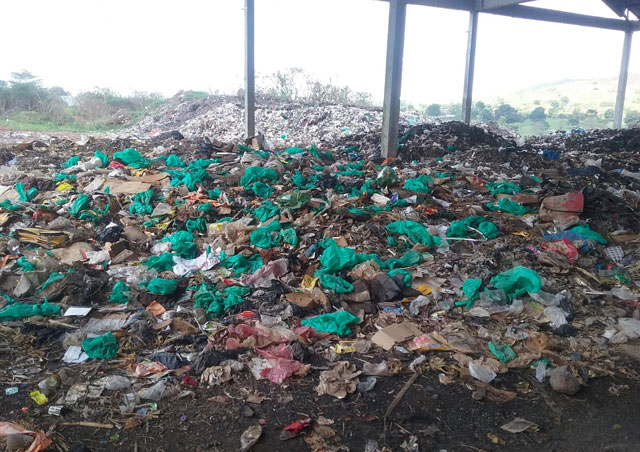It was a human Error. – Government Explains 6000 People Who Received Nabbanja’s Money Twice.
Written by Editor on July 28, 2021
Government has revealed that there were some blunders made while putting into effect the COVID-19 relief cash disbursement to vulnerable persons in Cities and Municipalities.
The explanation was put forward by the minister of ICT and National Guidance, Chris Baryomunsi during a press conference. According to Baryomunsi, there was a double disbursement of money to approximately 1.2% of the targeted persons to benefit from the whole plan.
“People who have received double payments; there was a human error in the bank where I think there was double-clicking and up to 6000 people who are using Airtel got double payment,” Baryomunsi revealed.
On June 18, President Yoweri Museveni gave a directive while addressing the nation on COVID-19 to transfer cash to vulnerable groups of people. The beneficiaries of this initiative were people dwelling in urban areas, who depend on daily earning that has been interrupted by the COVID-19 containment measures.
Museveni, directed the Prime Minister and the Ministry of Gender, Labour and Social Development (MGLSD) to identify and assess the needs of vulnerable groups during the lockdown period and come up with interventions to take care of their needs.
Thereafter, minister Betty Amongi Akena of MGSLD, revealed that the proposed cash transfer would cover at least 38% of the total households in the Kampala Metropolitan Area.
“The proposed cash transfer shall aim to reach 501,107 households (38% of the total households) in the Kampala Metropolitan Area, all Cities and Municipalities. It is proposed that, each beneficiary household will receive UGX 100,000 net. The Government will cater for the withdraw fees,” Amongi said while unleashing the project.
According to Amongi, the proposal cash transfer was based on the minimum expenditure of 20kgs of Posho (UGX 40,000), 10Kgs of beans (UGX 25,000), a bar of soap (UGX 3,000), 3litres of cooking oil (UGX 12,000) and other needs valued at UGX 20,000.
Some of the targeted categories of vulnerable persons to were baggage carriers, artists, car washers, orphans, shoe shiners, teachers, and support staff in private schools and teachers in Government schools not on Government payroll, among others. This initiative was partly opted for, in a bid to deviate away from the corruption tendencies that defined the previous relief support in form of food in 2020.
Days after the start of disbursement, MGLSD revealed that less than half of the total number of relief beneficiary records did not pass successful verification. This was publicized by the minister of Gender Labour and Social
Development, Betty Amongi at a press conference where she gave an update on the payments of the relief fund to vulnerable persons in urban areas at the early days of July 2021.
With concern, Amongi said that out of the 377,021 records submitted to the ministry, 40.03% of the records did not pass successful verification against Telecom databases. The failure of submission was due to the facts that telephone
numbers were registered under different names from the National ID names, Non-Mobile Money registered numbers and some telephone numbers were non-existent/unregistered.
However, Amongi clarified that the failed numbers would be sent back to the Cities/Municipalities either for correction or for payment using the Postbank Mobile Facility if these beneficiaries possess a valid NIN.

